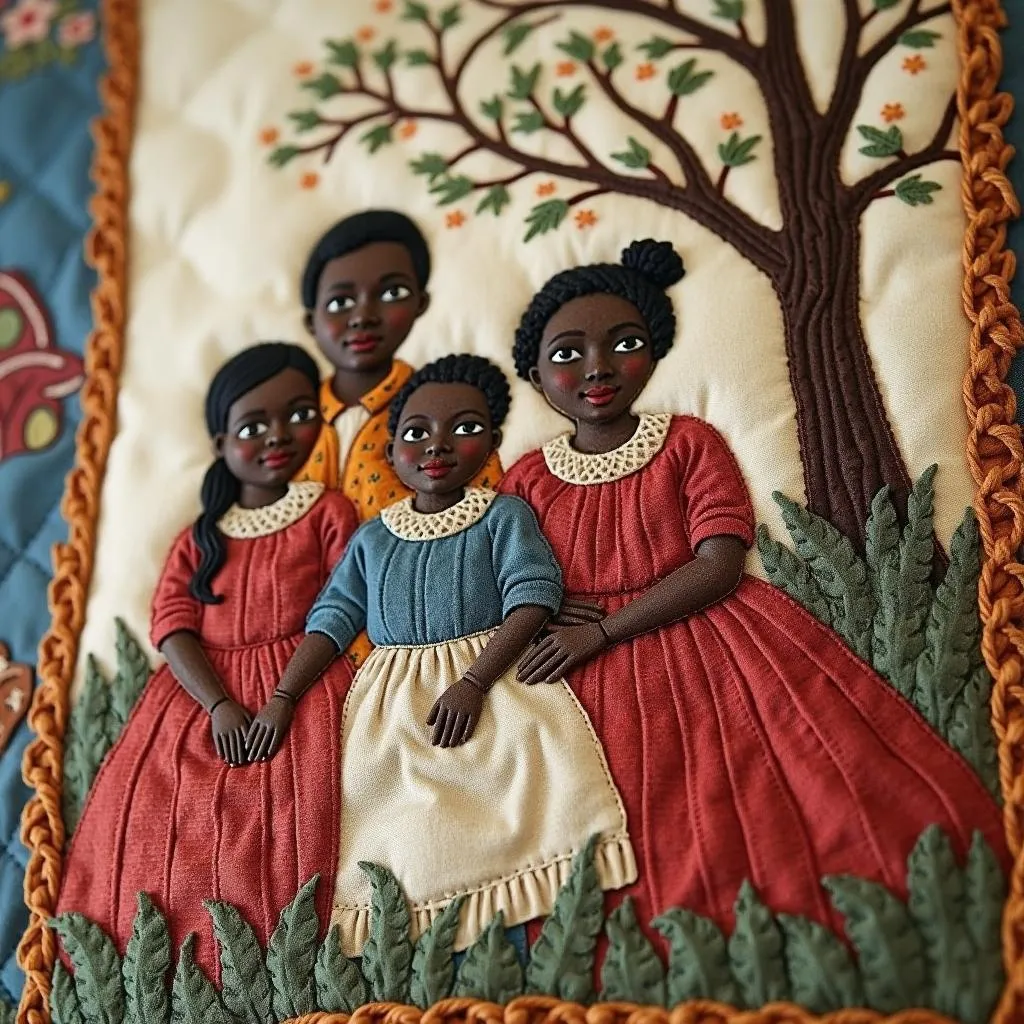African God Idol Made with Wood: History, Significance, and Craftsmanship
African god idols made with wood are more than just decorative pieces. They are sacred objects, imbued with deep spiritual meaning and representing a tangible link to the divine. These idols, often intricately carved and adorned, embody the rich history, diverse cultures, and profound spirituality found across the African continent.
The Significance of Wood in African Art and Spirituality
Wood holds a special place in African art and spirituality. Its organic nature, its life cycle of growth and decay, and its versatility as a material make it a powerful symbol of life, ancestry, and the interconnectedness of the physical and spiritual realms.
Many African cultures associate specific types of wood with particular deities or spirits. For example, the Yoruba people of Nigeria revere the Iroko tree, believing it to be inhabited by a powerful spirit. Iroko wood is therefore highly prized for carving important religious objects, including god idols.
Styles and Symbolism: A Diverse Tapestry of Beliefs
African god idols made with wood display a wide range of styles and symbolism, reflecting the continent’s incredible cultural diversity. From the bold, geometric forms of the Makonde sculptures of Tanzania and Mozambique to the elegant, elongated figures of the Dogon people of Mali, each culture has developed its own unique artistic language.
These idols often incorporate symbolic elements that convey specific meanings. For instance, a raised hand might signify a blessing, while a prominent headdress could indicate high status or spiritual power. Animals, too, frequently feature in African art, each carrying its own symbolic weight – the lion representing strength and courage, the snake symbolizing wisdom and transformation.
Creating a God Idol: A Sacred Craft
The creation of a wooden god idol is a sacred craft in many African cultures, often passed down through generations within families or specific guilds. Carvers undergo lengthy apprenticeships, learning not only the technical skills but also the spiritual protocols involved in working with wood and representing the divine.
The process often begins with rituals and offerings to appease the spirits of the tree and seek their blessings. Once the wood is prepared, the carver approaches their work with reverence, carefully shaping the figure and imbuing it with spiritual essence.
The Role of God Idols in African Society
African god idols play a vital role in traditional religious practices and social life. They serve as focal points for prayer, offerings, and rituals, acting as intermediaries between the human and the spiritual realms. People turn to these idols for guidance, protection, healing, and to ensure the well-being of their families and communities.
“These idols are not merely representations of gods,” explains Dr. Adeola Ogunbiyi, an expert in Yoruba art and religion. “They are believed to be imbued with the very essence of the deity they embody. To interact with the idol is to interact with the god itself.”
Preserving Heritage: African God Idols Today
Today, African god idols made with wood continue to hold deep cultural and spiritual significance for many people across the continent. They are treasured family heirlooms, used in traditional ceremonies, and celebrated as powerful expressions of African artistry and spirituality.
Museums and galleries around the world also recognize the artistic and historical value of these objects, showcasing them in exhibitions and helping to educate wider audiences about the rich heritage they represent. However, it’s important to remember that these are not just artifacts; they are sacred objects that embody living traditions.
By appreciating the craftsmanship, symbolism, and profound spiritual meaning embedded within these wooden sculptures, we gain a deeper understanding of the rich and diverse cultures of the African continent.
Do you have any questions about African god idols made with wood?



